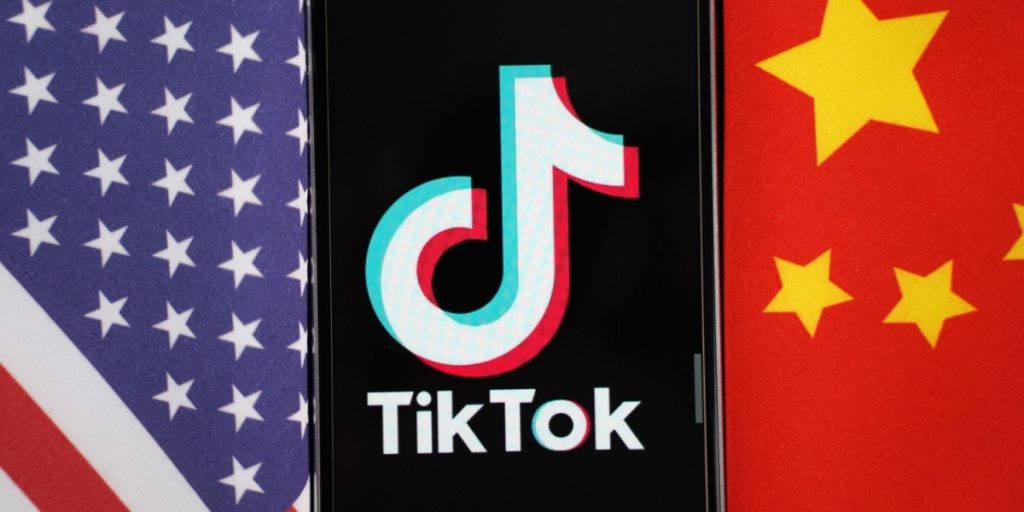TikTok expresses free speech concerns as the US House advances a bill that could ban the app.
Others are reading now
TikTok, the immensely popular social media app owned by Chinese tech giant ByteDance, has again expressed concerns about a bill passed by the US House of Representatives that could result in the app being banned in the United States.
The legislation, which passed with a significant majority of 360 to 58, requires ByteDance to sell its stake in TikTok within a year or face a nationwide ban.
This was reported by Euractiv.
The Path to a Potential Ban
The bill’s approval by the House sets it up for consideration by the Senate, where it could be put to a vote in the coming days. President Joe Biden has previously indicated that he would sign the legislation, reinforcing the bipartisan support for measures aimed at addressing national security risks associated with TikTok.
Also read
Many US lawmakers, across both Republican and Democratic lines, and the Biden administration argue that TikTok poses a threat because of China’s potential ability to compel ByteDance to share the data of its 170 million American users.
Despite these concerns, TikTok insists that it has never shared US data with China and never would.
TikTok’s Response and Free Speech Concerns
Following the House’s approval of the bill, TikTok issued a statement criticizing the decision, calling it an infringement on the free speech rights of its users.
“It is unfortunate that the House of Representatives is using the cover of important foreign and humanitarian assistance to once again jam through a ban bill that would trample the free speech rights of 170 million Americans,” the statement read.
TikTok had previously disapproved of the original bill that stalled in the Senate, arguing that it would “censor millions of Americans.” The app also contended that Montana’s state ban, passed last year, violated the First Amendment.
The American Civil Liberties Union (ACLU) and other free speech advocates have voiced opposition to the legislation, arguing that banning TikTok could infringe upon First Amendment rights. Democratic Representative Ro Khanna expressed doubt that such a ban would withstand legal scrutiny, given the US Constitution’s protections of free speech.
National Security Versus Free Speech
Proponents of the bill, such as Democratic Senator Mark Warner, chairman of the Senate Intelligence Committee, claim that TikTok could be used by the Chinese government as a propaganda tool and to collect personal data from American users.
Warner stated that “many young people” use TikTok as a source of news, raising concerns about China’s influence on US information channels.
“The idea that we would give the Communist Party this much of a propaganda tool, as well as the ability to scrape 170 million Americans’ personal data, is a national security risk,” he told CBS News.
On the other hand, the Knight First Amendment Institute at Columbia University, a free speech group, contends that even with a TikTok ban, China and other foreign actors could still access American data through other means, such as data brokers, and engage in disinformation campaigns on US-based social media platforms.
Next Steps and Ongoing Debate
The bill’s passage through the House sets a nine-month deadline for ByteDance to divest TikTok’s US assets, with a possible three-month extension if the president determines progress toward a sale.
As the bill moves to the Senate, discussions around its implications and potential legal challenges are expected to continue.


